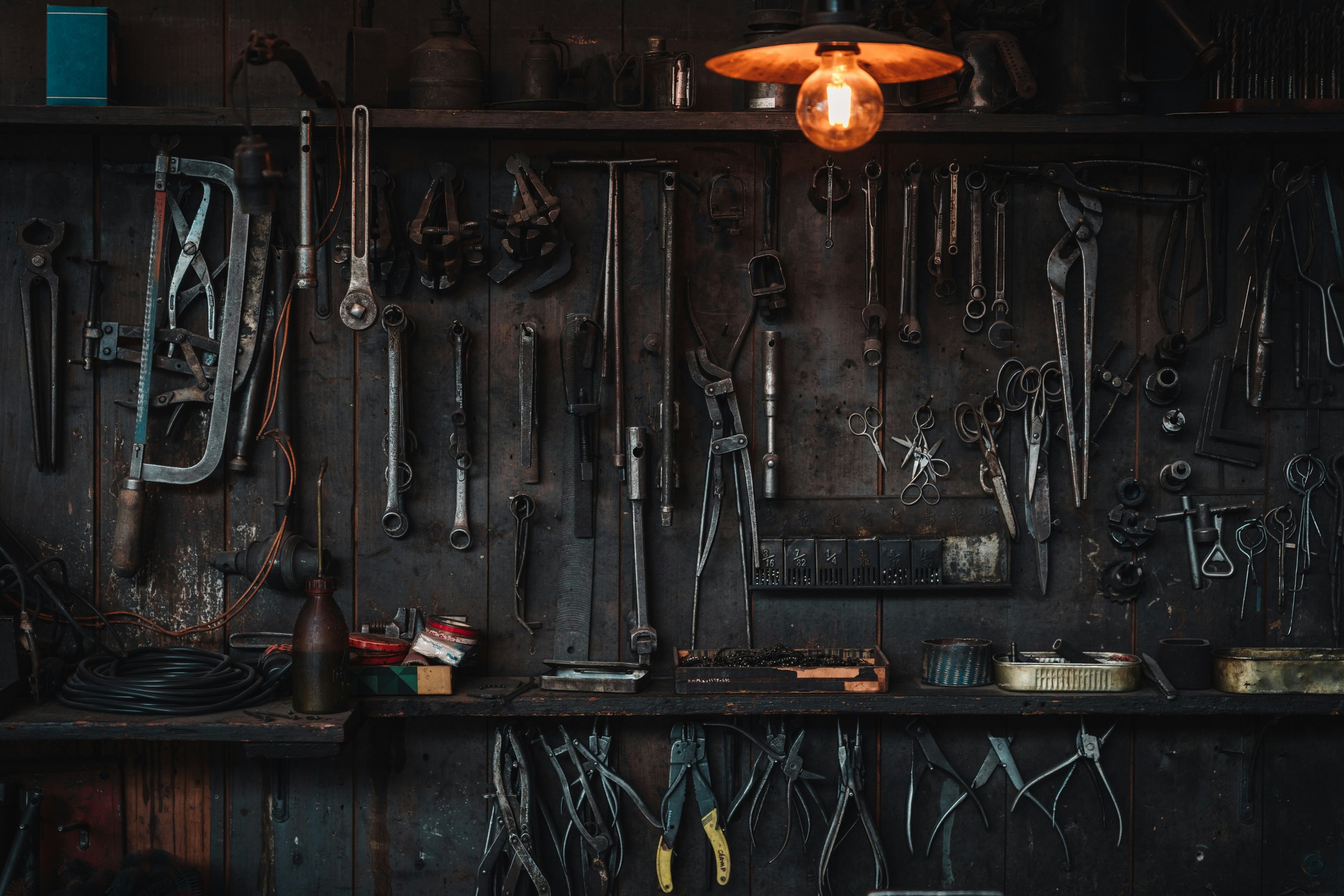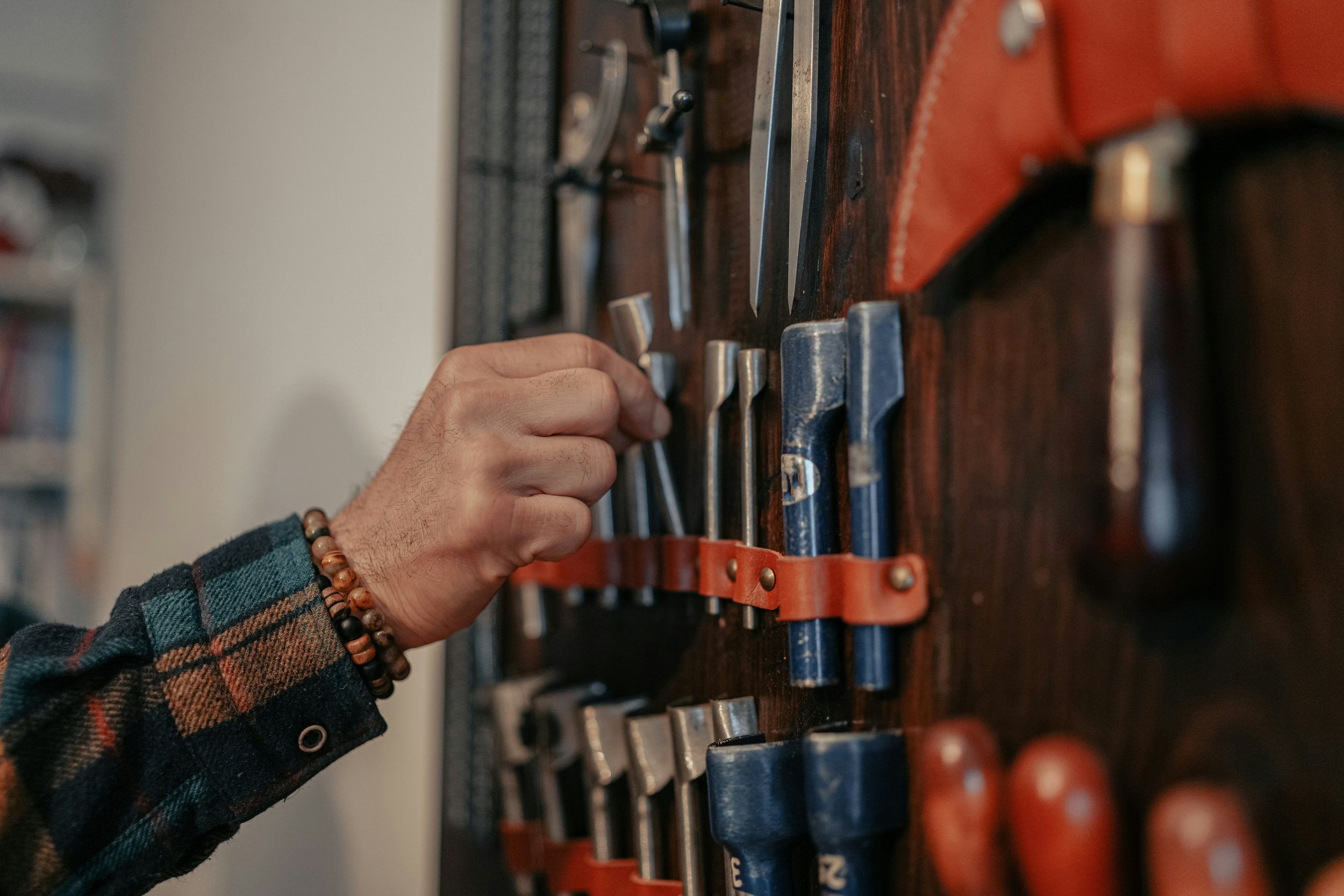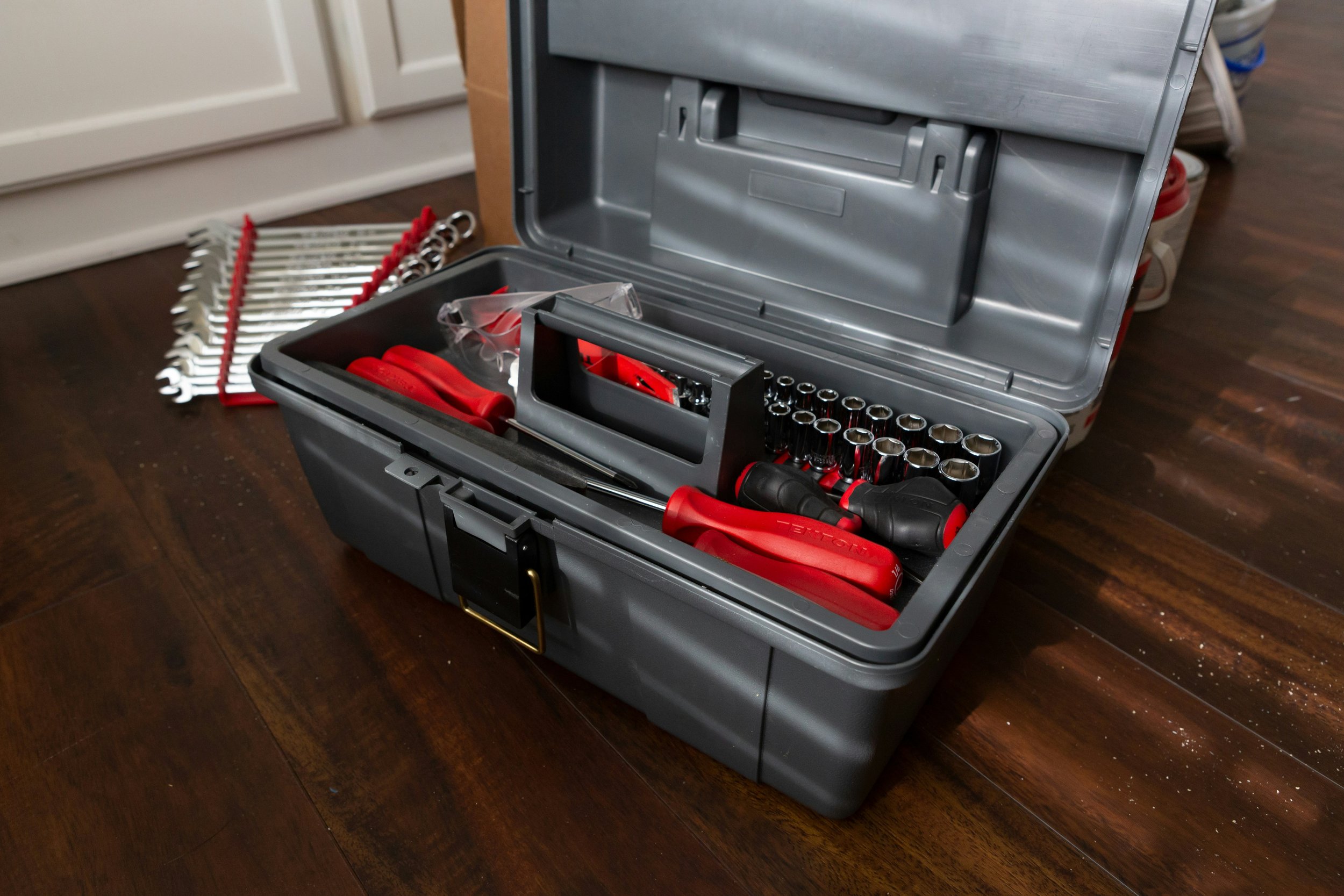How to Select the Best Carriage Bolt for Your Next DIY Project
Choose the perfect carriage bolt for your DIY project with this expert guide. Learn about sizes, materials, and applications to ensure a secure and lasting fit.
Every handyman or woman understands the significance of selecting the right materials for a project they are working on. One often underestimated element is the carriage bolt. Though small in size, it plays a vital role in guaranteeing the durability and longevity of any structure or creation. This article aims to assist individuals in choosing the right carriage bolt for their do-it-yourself endeavor, ultimately leading to a positive result.
Exploring the Concept of Carriage Bolts
Coach bolt, or carriage bolt, is easily recognizable due to its head and square neck design that helps it remain secure when installed in woodworking or metalworking tasks. They provide stability and reduce the chances of coming loose under pressure. Understanding these features can be very helpful when choosing the right type of bolt for your project.
The Importance of Material
Selecting the appropriate material is crucial for your project’s success. The available options for carriage bolts include a range of materials with distinct advantages. Steel bolts are known for their robustness and toughness, making them ideal for projects that require heavy-duty performance. Stainless steel versions are resistant to corrosion, making them a reliable choice for lasting results in environments with moisture. For lighter tasks, opt for aluminum or brass materials, which provide convenience and sufficient strength for less demanding applications.
Considering Your Choices
Prior to making a purchase decision, it is crucial to ascertain the size needed for your project, as carriage bolts come in various diameters and lengths. Selecting the right size depends on the requirements of your project. Measuring the thickness of the materials that need to be connected is important to ensure a proper fit. Also, take into account the bolt's diameter to guarantee it aligns perfectly with the drilled holes, promoting stability and avoiding any unwanted shifting.
Factors to Consider When Choosing the Thread
Threading is a factor that affects how well a bolt works in different situations. Coarse threads are best for wood projects, as they offer a stronger grip and help prevent damage to the material when tightening the bolt. Fine threads work better for metal projects because they provide a snugger fit. It’s crucial to consider the threading requirements based on the materials used in your project to ensure durability and safety are optimized.
Different Methods of Surface Finishing and Treatments
The appearance and quality of a carriage bolt can impact how it looks and functions. Galvanized bolts are treated with zinc to prevent rust and are perfect for outdoor applications. Black oxide finishes give bolts a contemporary appearance while also providing some protection against corrosion. For those looking for durability and resistance, hot-dip galvanized bolts are a great choice due to their thicker coating.
Financial Factors to Take into Account
Financial limitations frequently influence the choice of materials used in projects or construction. While it may be tempting to opt for cheaper alternatives, prioritizing durability and dependability will lead to better outcomes. Purchasing top-notch bolts can help avoid complications in the long run. Striking a balance between cost-effectiveness and quality ensures you achieve good results without jeopardizing the project's credibility.
The Environmental Impact
The significance of sustainability is steadily increasing nowadays. Opting for carriage bolts crafted from eco-friendly materials or those manufactured using environmentally conscious methods can help lessen environmental impact. Moreover, selecting corrosion-resistant materials can prolong their lifespan, decreasing the need for replacements and reducing waste.
Useful Advice for Installation
Implementing proper installation methods can significantly impact the success of a project. To avoid strain on materials, it is essential to use drilled holes of the correct size. Washers can aid in distributing pressure across surfaces to reduce the chances of damage. Tightening bolts according to the specified torque recommendations helps achieve optimal performance without the risk of over-tightening.
Prioritize Safety
Safety should never be taken lightly. Ensure that carriage bolts are securely fastened to prevent accidents and injuries. Regularly inspect the bolts in areas subject to pressure and replace any damaged parts swiftly to maintain a stable framework.
Essential Equipment for the Task
Having the right tools makes the installation process much easier. You’ll need a wrench or socket set to ensure bolts are properly secured. Consider using a power drill with a socket adapter for larger tasks to speed things up efficiently. Having the right tools helps reduce stress and improves the overall process.
Summary
Choosing the right carriage bolt involves considering a range of factors, such as material type, size options, threading specifics, surface finishes, and overall cost considerations. By understanding these factors and how they influence your project, DIY enthusiasts can confidently navigate their choices to ensure successful results. When planned and executed thoughtfully, carriage bolts can play a key role in enhancing the quality and longevity of any DIY venture. Incorporate these insights into your approach for the best outcome.




